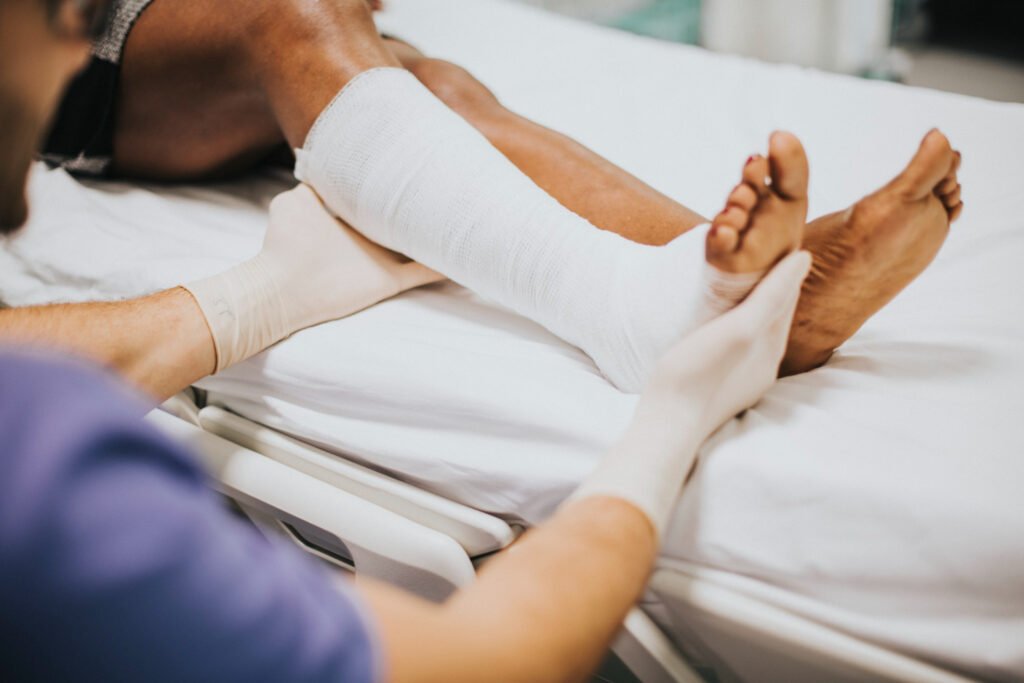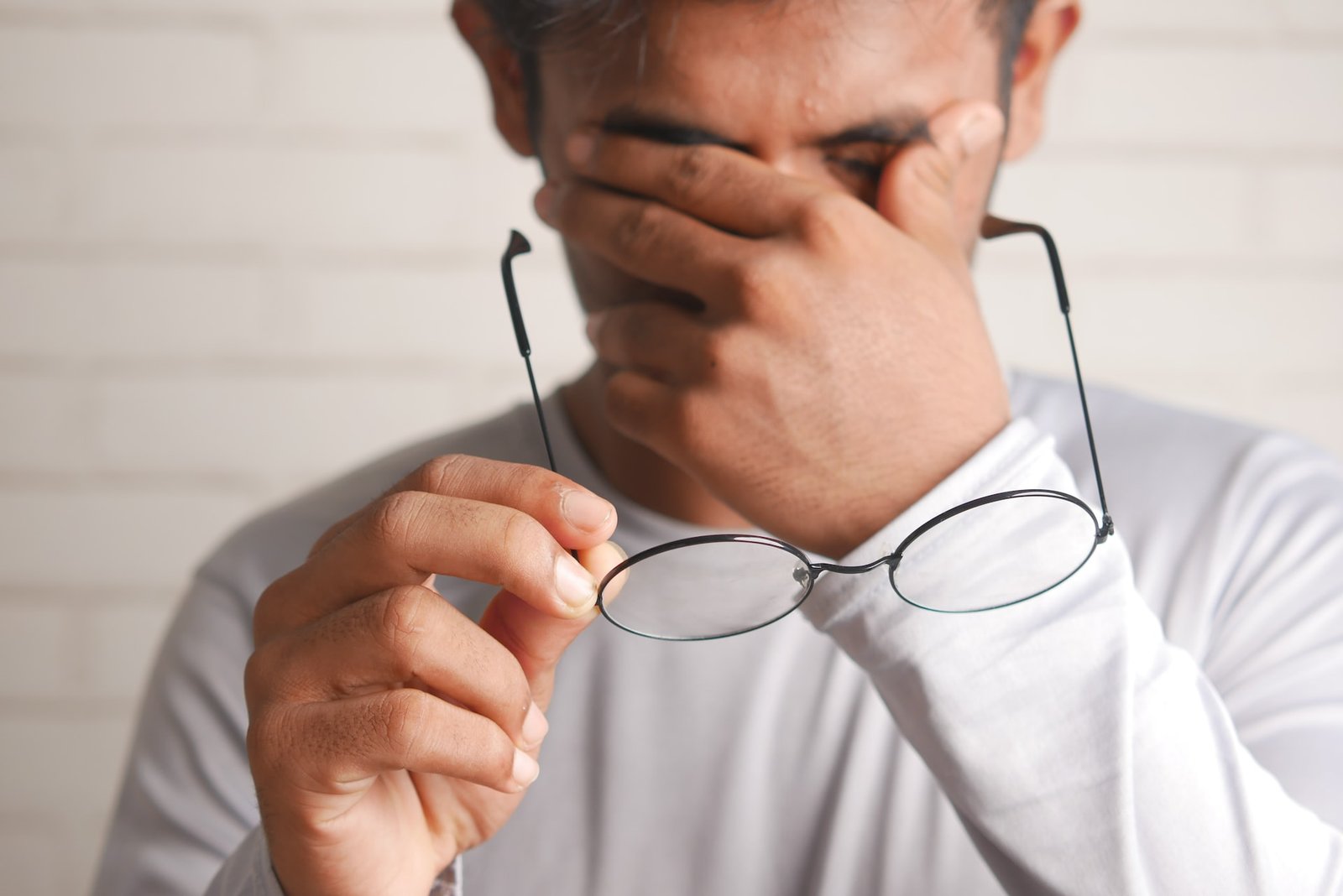Chronic wounds, a common concern in healthcare, are wounds that do not heal in an expected timeframe. In Singapore, with a growing aging population and rising cases of diabetes, the prevalence of chronic wounds is increasing. Understanding chronic wounds is not just about the physical aspects; it’s equally important to acknowledge their psychological impact. This article aims to shed light on these often-overlooked psychological aspects. By exploring how chronic wounds affect mental well-being, we hope to provide a comprehensive understanding that can guide both individuals and healthcare professionals in managing these conditions more effectively.
Understanding Chronic Wounds
Chronic wounds, such as diabetic ulcers, pressure ulcers, and venous leg ulcers, are more than just a physical ailment. They are long-lasting and often resistant to treatment. While the physical symptoms like pain and discomfort are evident, it’s important to realize that the journey of healing extends beyond just the physical realm.

Psychological Impact of Chronic Wounds
Living with a chronic wound can significantly affect a person’s mental health. Feelings of depression and anxiety are common, as individuals struggle with ongoing pain and slow healing. The constant care that these wounds require can lead to a feeling of fear or uncertainty about the future.
Socially, chronic wounds can lead to isolation. The discomfort and the need for regular wound care treatment can make socializing difficult, and there’s often a stigma attached to these wounds, which can hurt self-esteem and body image. This social withdrawal can further exacerbate feelings of loneliness and depression.
Cognitively, people with chronic wounds might find themselves preoccupied with their condition, impacting their concentration and mental clarity. This constant worry can create a cycle where stress and anxiety slow down the healing process even more.
The Stress-Pain Cycle in Chronic Wounds
It’s well-documented that stress can impair wound healing. The stress associated with chronic wounds, combined with the pain they cause, creates a vicious cycle. Pain leads to stress, which in turn can lead to more pain or slower healing, making it harder to break free from this cycle.

Coping Mechanisms
Adapting to life with a chronic wound requires effective coping strategies. Seeking support, whether from family, friends, or support groups, can provide emotional relief and practical advice. Relaxation techniques such as meditation or gentle exercise can also be beneficial in managing stress and pain.
However, it’s important to be aware of maladaptive coping strategies, like substance abuse or denial, which can worsen both the physical and psychological effects of the wound.
The Role of Healthcare Professionals
For healthcare professionals in Singapore, recognizing and addressing the psychological aspects of chronic wounds is crucial. This includes open communication with patients, showing empathy, and providing comprehensive care that covers both physical and mental health needs. Integrating psychological support, like counseling or group therapy, can be a valuable part of the treatment plan.
Conclusion
In conclusion, understanding the psychological aspects of chronic wounds is essential for effective management and care. Recognizing the emotional, social, and cognitive impacts can lead to better treatment strategies and improved quality of life for those affected. As we continue to explore and learn about these complex interactions, the hope is for more comprehensive care strategies to emerge, benefiting individuals in Singapore and beyond.




